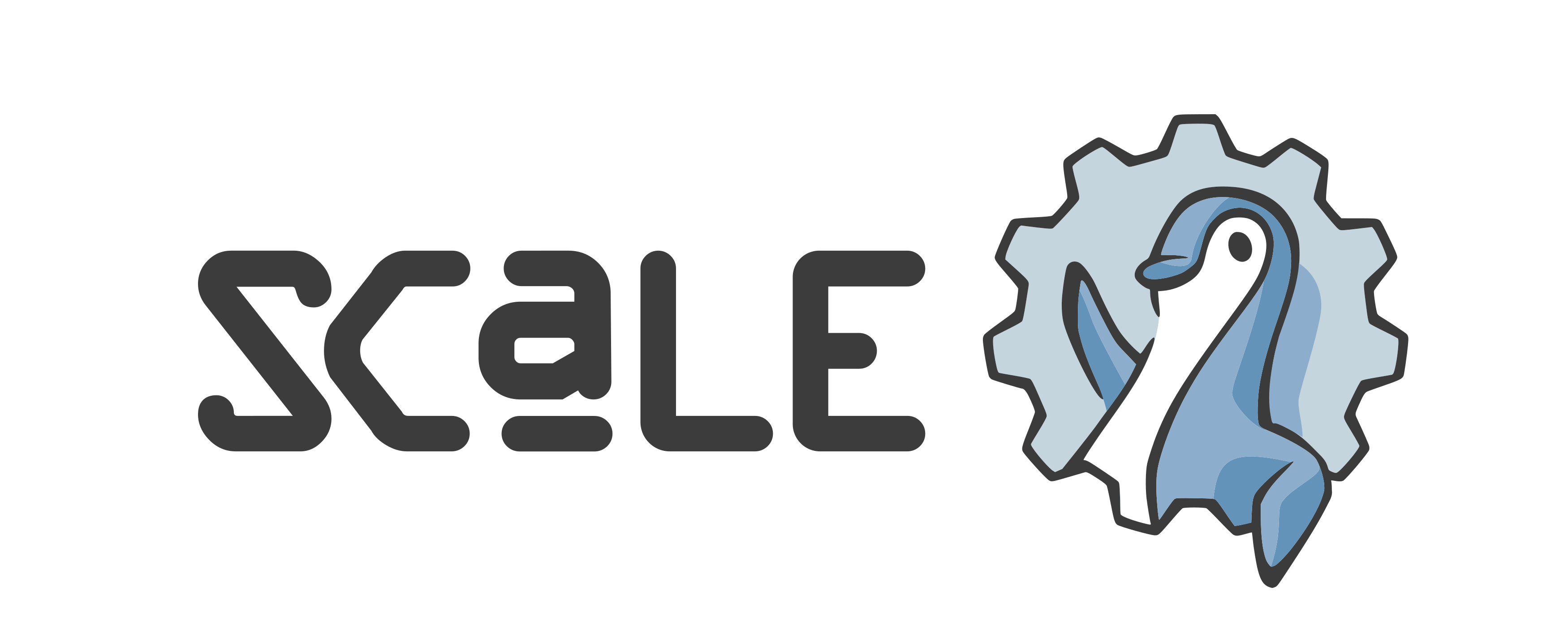Presentations


Kernel level observability is critical for running resilient workloads. eBPF provides that visibility but can be challenging to learn. In this presentation we will introduce eBPF and demonstrate how to harness its superpowers for observability using the open source project Inspektor Gadget. Inspektor Gadget is a tool and framework for data collection and system inspection on Linux hosts and Kubernetes clusters using eBPF. We will show how its modular framework can collect real time metrics so that you have visibility into the Linux kernel in a customizable way.

Come get refreshed on the impact some basic choices in statistical behavior can have on what gets triggered. Learn why a median might be the choice for historical anomaly or sudden change. Jump into Gaussian distributions, data alignment challenges and the trouble with sampling. Walk out with a deeper understanding of your metrics and what they might tell you.

Running OpenStack on Kubernetes is a great idea for many reasons, but there is one very large drawback: when something goes wrong on Day 2, how do you find it? In this talk, we will explain our approach to a rather complex Observability problem using both OpenStack Services and Cloud Native Observability tools.
This session is for developers, operators and people interested OpenStack Kolla/Kolla-Ansible/Kayobe deployment projects.
It serves as an information gathering session for OpenStack Kolla developers to find out current/future users problems, requests for enhancements and discussion about project future plans.
It also serves as a venue for Kolla community to get together and grow the community in numbers, because that is what makes the open source projects stronger.

Journey into the realm of Kubernetes, where the Linux kernel and userspace tools sometimes clash, threatening your cluster's harmony. In this talk, we will dive into real-world stories of overcoming incompatibilities that can disrupt your clusters, from iptables quirks to modprobe mysteries. These challenges are not unique but are shared by the entire Kubernetes community. Together, we will explore strategies to tame these dragons and ensure that clusters thrive, with guidelines for harmonizing the Linux kernel and userspace tools.

Learn about how StarlingX takes well-known open source platforms, such as Kubernetes and OpenStack, and enables them to build geographically distributed infrastructure for the most demanding use cases, like 5G and telecommunications netoworks, industrial IoT, and more.
This session will highlight how the platform takes datacenter building blocks and provides users with the ability to manage them remotely, as one large system on a massive scale. The audience will also learn what is new in the latest, 10.0 release and get an early seek peak into the 11.0 roadmap.

If you're an experienced sysadmin but a Kubernetes novice, trying to understand how Kubernetes does things, this workshop will show you how to use traditional Linux tools you probably already know to understand Kubernetes today -- from the basic Kubernetes components themselves to higher-level workload concepts like service discovery.

Greg will discuss the challenges of building an open-source AI ecosystem, the importance of privacy and autonomy in AI design, and the key milestones ahead. Attendees will gain insight into how Kwaai is redefining AI ownership, empowering individuals to control their data while leveraging AI’s full potential. The session will also explore opportunities for developers, contributors, and organizations to participate in shaping the future of personal AI.

Language is a Virus: Locales and PostgreSQL
This is a pragmatic look at PostgreSQL's support for locales, in particular around character encoding and collations. This is intended for DBAs and developers who want to make use of PostgreSQL's extensive locale features with a minimum number of gotchas. Among the topics are:
* A quick overview of locales, character encodings, and collations.
* What a "locale provider," and how do you use it?
* How do various collations perform?
* What are the use cases for various locales?
* And what is this horrible thing about index corruption I hear ab

Learning Nix can be off-putting, as many introductions dive into complex terminology and academic concepts, missing the chance to simplify Nix's advantages. Having given talks both internally and externally, I've shifted to showcasing fun, practical examples first, leaving the nuances for later. Join me to see some straightforward examples of what Nix can offer and why it might be worth adopting.
